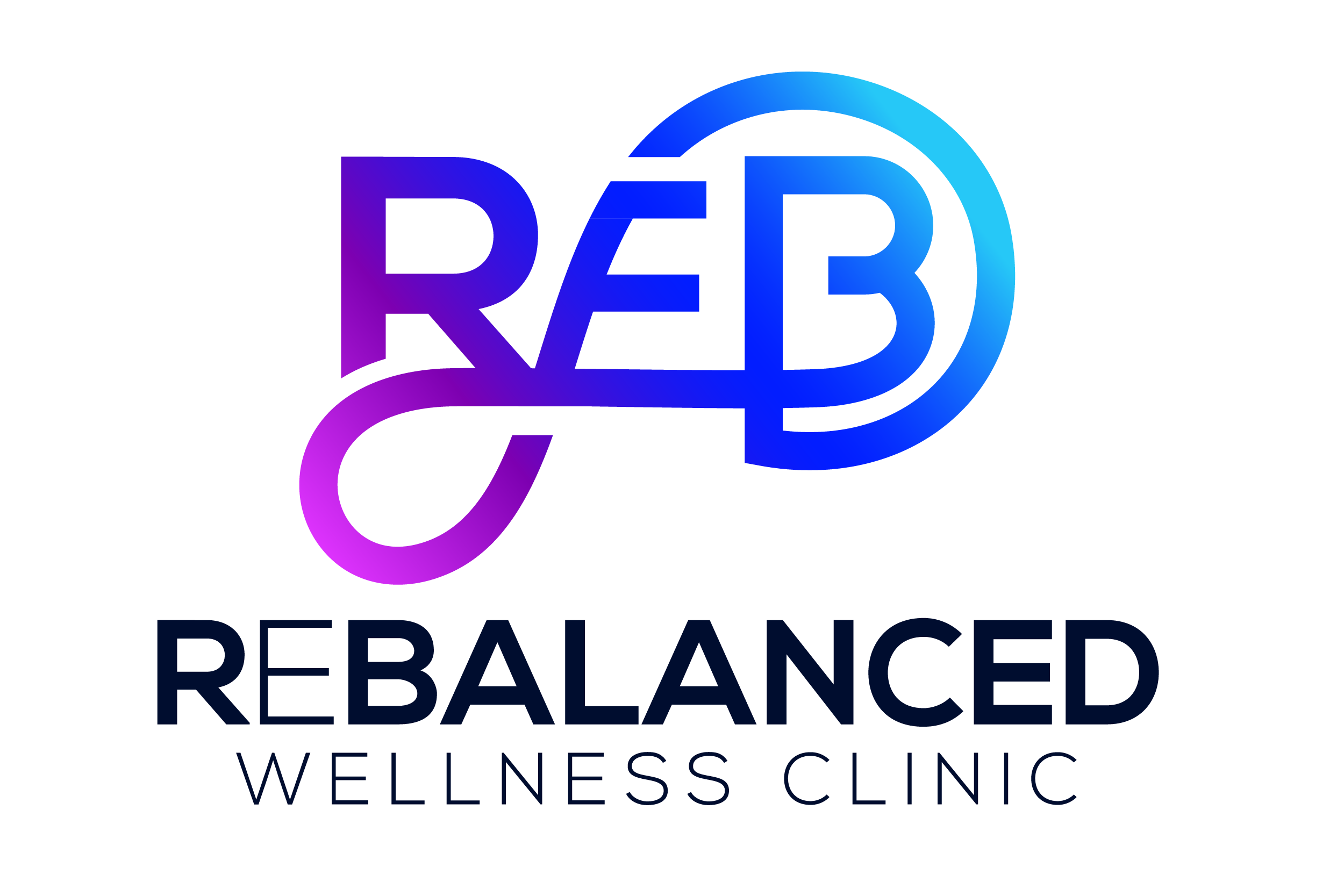In today’s fast-paced world, taking care of our health and wellbeing is more important than ever. One way to achieve this is through peptide therapy, which has gained popularity in wellness clinics like those in Sandy Springs. This blog will explore eight key ways peptide therapy can enhance your wellbeing and why you should consider it at your local wellness clinic.
1. Boosting Energy Levels Naturally
Peptide therapy can help increase your natural energy levels without the need for stimulants. Certain peptides target cell metabolism, providing a steady and sustained energy boost, which can help you maintain an active lifestyle.
Imagine starting your day with a burst of energy that doesn’t rely on your morning cup of coffee. Peptides can help make that possible. These powerful chains of amino acids work at the cellular level to optimize the way your body produces and uses energy. Many people who have incorporated peptide therapy into their routine have experienced a noticeable increase in energy and vitality throughout the day.
2. Enhancing Muscle Growth and Recovery
Athletes and fitness enthusiasts can benefit greatly from peptide therapy as it supports muscle growth and recovery. Peptides can enhance the body’s response to exercise, reduce muscle soreness, and promote faster recovery times.
The rigors of physical activity can be taxing on the muscles, but with peptides, recovery becomes more efficient. They work by stimulating the production of human growth hormone, which aids in muscle repair and growth. Moreover, peptide therapy provides targeted support to muscle fibers, reducing the severity of delayed onset muscle soreness (DOMS), a common post-exercise discomfort. As a result, individuals can train harder and more frequently while minimizing downtime.
Through consistent use of peptides, one can significantly enhance athletic performance and endurance. By improving the rate at which muscles recover, athletes find themselves achieving personal bests with greater ease and frequency. With this supportive effect, peptides serve as a valuable ally in the pursuit of fitness goals — be it building strength, increasing muscle mass, or simply staying active.
3. Promoting Skin Health and Anti-Aging
Peptide therapy is lauded for its ability to promote collagen production, leading to improved skin elasticity and a reduction in the appearance of wrinkles, offering a natural anti-aging solution.
Turning back the clock on aging has never been more attainable. Peptides stimulate collagen and elastin production, the two key proteins responsible for maintaining the skin’s structural integrity and youthful appearance. As these proteins deplete naturally with age, peptide therapy provides a rejuvenating boost, plumping up the skin, diminishing fine lines, and restoring a vibrant glow.
4. Supporting Immune System Function
Certain peptides can help to modulate the immune system, making it more resilient against infections. This support can lead to fewer illnesses and a quicker recovery when you do fall sick.
Our immune system is our first line of defense against pathogens and illness, and keeping it robust is crucial. Peptides act as immune modulators, meaning they can enhance the immune response when it is needed and keep it under control to prevent autoimmunity. This delicate balance ensures that our body can effectively fight off infections without causing collateral damage through excessive inflammation or immune activity.
5. Improving Cognitive Function
Peptides can also enhance cognitive performance by supporting neurotransmitter production and brain function, which can lead to improved memory, focus, and mental clarity.
As we navigate through daily challenges, maintaining mental clarity and focus is essential. Peptides support cognitive vitality by influencing the production of various neurotransmitters and enhancing neural communication. This translates into better mental acuity, faster learning capabilities, and a more nuanced management of stress. Essentially, peptide therapy helps keep your brain sharp as you age, making it a powerful tool for anyone looking to maintain mental fitness and clarity.
6. Aiding in Weight Management
For those looking to manage their weight, peptide therapy can be an effective tool. It helps to regulate appetite, increase metabolic rate, and promote fat loss, aiding in achieving and maintaining a healthy weight.
Weight management is a common goal for many, yet it remains challenging without the right support. Peptides assist not only in curbing hunger but also in boosting the metabolic processes that govern how the body breaks down and utilizes fats. By influencing hormones like insulin and leptin, peptides facilitate a more efficient conversion of food into energy, helping to maintain a healthy body composition and prevent weight gain.
7. Enhancing Sleep Quality
Quality sleep is crucial for overall wellbeing. Peptides can improve sleep patterns by regulating sleep cycles, resulting in better rest, increased energy, and overall improved health.
In a world where sleep deprivation is all too common, peptides offer a promising solution. By interacting with the neurotransmitters involved in sleep regulation, peptides help to normalize disrupted sleep cycles. Improved sleep quality not only ensures you wake up feeling refreshed but also supports other bodily functions that rely on adequate rest. With better sleep comes enhanced mood, better stress management, and even improved cognitive performance.
8. Supporting Heart Health
Peptides can aid in cardiovascular health by improving circulation, reducing inflammation, and balancing cholesterol levels, which can reduce the risk of heart-related conditions.
Heart health is paramount, and peptides play a crucial role in protecting this vital organ. By reducing systemic inflammation, peptides help alleviate the stress placed on blood vessels, minimizing the wear and tear that can lead to heart disease. Additionally, they contribute to improved lipid profiles, which are crucial in preventing plaque buildup in arteries. This holistic approach to cardiovascular wellness highlights peptides as an essential component in maintaining a healthy heart and preventing disease.

